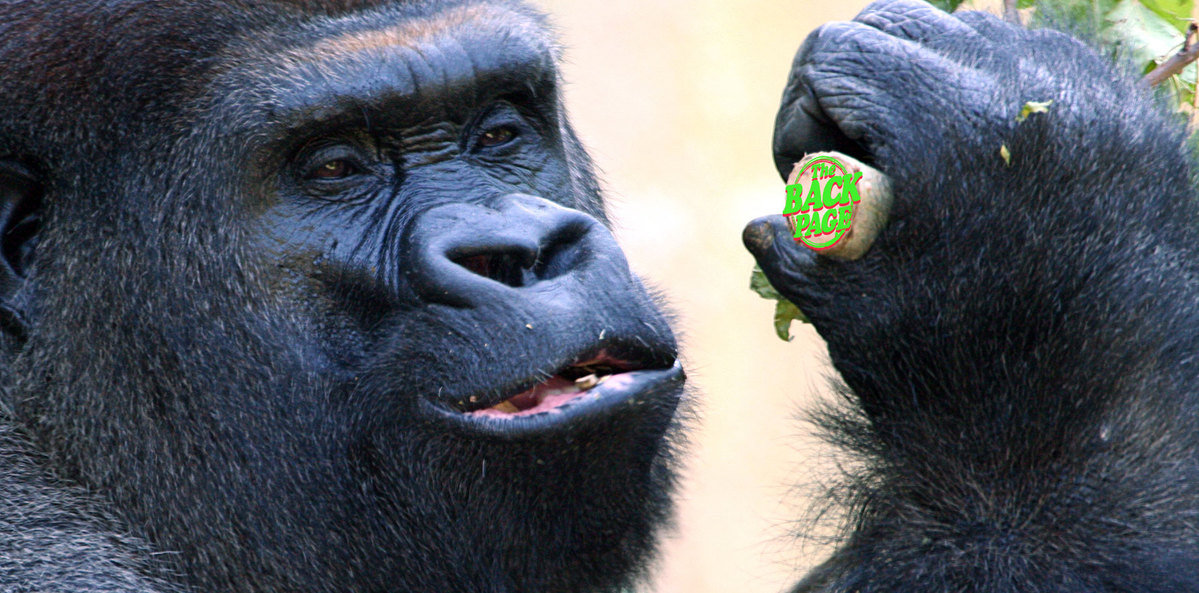Our primate cousins seem to know a thing or two about medications.
Here’s a riddle.
Q: “What do gorillas eat when they are feeling poorly?”
A: “Anything they bloody well like!”
OK, we will never be putting Jerry Seinfeld out of a job, but the question of what gorillas consume, and why, happens to be quite interesting.
We have scientists from the Interdisciplinary Medical Research Center of Franceville, Gabon to thank for this latest research into the diet of gorillas and the use of traditional medicines and whether there are any meaningful links to be explored.
Publishing this week in the journal PLOS ONE, our boffins detail their study of the eating habits of wild western lowlands gorillas living in a national park in Gabon and their interviews with local villagers, focussing on the plants used by their healers and herbalists.
What the team identified were four plants that were consumed by gorillas and also used in the local traditional medicines.
They tested bark samples of each plant for antibacterial and antioxidant properties and investigated their chemical composition.
The bark of all four plants showed antibacterial activity against at least one multidrug-resistant strain of the bacterium Escherichia coli, and one plant in particular, called the fromager tree, showed “remarkable activity” against at least 10 tested E. coli strains.
All four plants contained compounds that had medicinal effects, including phenols, alkaloids, flavonoids, and proanthocyanidins, the researchers said in a media statement.
What we don’t know for certain, however, is if the gorillas were deliberately selecting these plants for their medicinal properties or whether they coincidentally formed part of their wider diet. However, there is some earlier evidence of some great apes knowingly self-medicating by selecting plants with healing properties.
For example, a wounded orangutan made headlines earlier this year when it was observed using a plant paste to heal an injury and chimpanzees periodically eat leaves that can clear parasites from their gut.
Regardless, all four plants provided promising targets for further drug discovery research, particularly with the aim of treating multidrug-resistant bacterial infections, the researchers said.
“Alternative medicines and therapies offer definite hope for the resolution of many present and future public health problems. Zoopharmacognosy is one of these new approaches, aimed at discovering new drugs,” they said.
So, no more jokes about gorillas. They certainly appear to be smarter than the vast majority of “health influencers” plying their dubious nostrums on social media platforms.
Send healthful tree bark recipes and story tips to penny@medicalrepublic.com.au.


